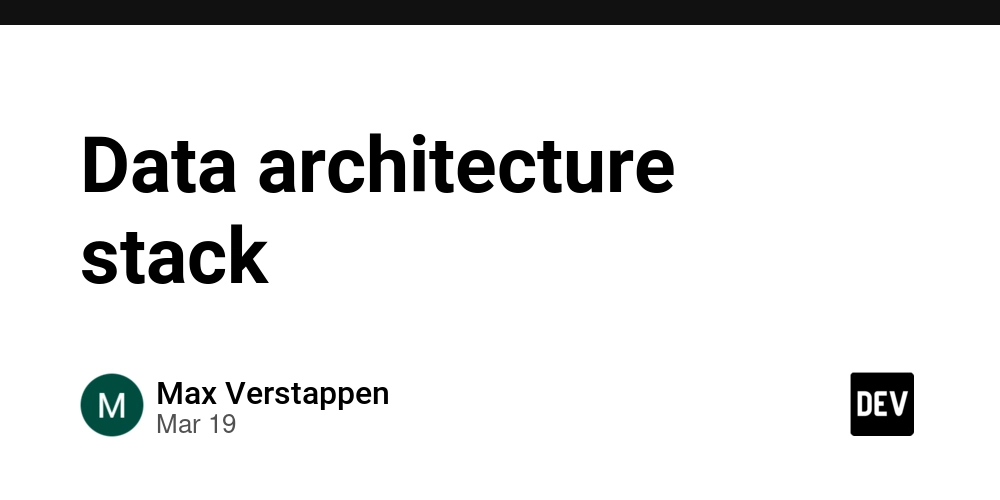Comprehensive Rust Programming Course
Comprehensive Rust Programming Course Introduction to Rust Program Intro and Rust Installation Overview of Rust programming language and its philosophy Rust's origins and design principles (safety, concurrency, performance) Setting up the Rust development environment Installing Rust using rustup Understanding the Rust toolchain (stable, beta, nightly) Configuring Cargo and its workspace Installing essential tools (rustfmt, clippy) First "Hello World" program with Cargo Understanding Rust's compilation process and the borrow checker Variables and Ownership Variable declaration and initialization The let keyword and immutability by default Mutability with mut Variable shadowing Constants and statics Scope and the Stack Ownership principles Move semantics Copying vs. moving data The Copy trait Data Types and Type System Scalar types (integers, floating-point, boolean, characters) Compound types (tuples, arrays) String and string slices (String vs &str) Type annotations and inference Type aliases Never type (!) Unit type (()) The std::mem::size_of function Borrowing and References Reference basics (& and &mut) Borrowing rules (shared XOR mutable) Reference lifetimes Dangling references and how Rust prevents them Slices as references Dereferencing with the * operator The dot operator and automatic dereferencing Control Flow Conditional expressions (if, else) Loops (loop, while, for) Loop labels and control flow (break, continue) Match expressions and pattern matching if let and while let constructs Expression-based language characteristics Functions and Methods Function declaration and parameters Return values and the implicit return Early returns with return Functions as first-class citizens Closures and their environment Method syntax and implementation Associated functions Structs, Enums, and Pattern Matching Struct definition and instantiation Tuple structs and unit structs Struct update syntax Enum definition and variants Enums with data The Option and Result enums Pattern matching with match Match guards Binding with @ in patterns Collections Vectors (Vec) HashMaps and other map types Sets and their operations Deques and other collections Common methods and operations Iterating over collections Performance characteristics Choosing the right collection Error Handling Result and Option types The ? operator Propagating errors Creating custom error types Error conversion and the From trait Managing multiple error types Panic and when to use it Unwrapping safely Traits and Generics Trait definitions Implementing traits Default implementations Trait bounds The impl Trait syntax Generic functions and types Monomorphization Associated types Object safety and trait objects Marker traits Lifetimes Lifetime annotations Lifetime elision rules Multiple lifetime parameters Lifetime bounds Static lifetime Lifetime in struct definitions Lifetime in function signatures Lifetime in trait objects Smart Pointers and Interior Mutability Box for heap allocation Rc for shared ownership Arc for thread-safe reference counting Cell and RefCell for interior mutability The Deref and Drop traits Implementing custom smart pointers Memory leaks and preventing them Testing in Rust Unit tests and the #[test] attribute Test organization and the tests module Integration tests Documentation tests Using assert!, assert_eq!, and assert_ne! Test fixtures and setup/teardown Controlling test execution Property-based testing with external crates Mastering Concurrency in Rust Concurrency Fundamentals Understanding concurrency vs. parallelism Rust's concurrency guarantees Thread safety through the type system The Send and Sync traits Fearless concurrency in Rust The memory model and happens-before relationships Threads and Basic Synchronization Creating threads with std::thread Joining threads Thread parking and unparking Scoped threads Basic synchronization primitives Mutex and RwLock Condvar for condition variables Once and OnceCell/OnceLock Message Passing with Channels Multi-producer, single-consumer channels (mpsc) Sender and Receiver Synchronous vs. asynchronous channels Channel patterns (pipeline, fan-out/fan-in) Handling errors in channels Select-like functionality with external crates Building robust systems with channels Shared State Concurrency Thread-safe shared state patterns Atomic types (AtomicBool, AtomicUsize, etc.) Memory ordering options Lock-free programming basics Compare-and-swap operations Hazards in concurrent programming Tools for detecting concurrency bugs Async/Await Introduction to async/await syntax Futures and their execution Understanding the async runtime Popular async runtimes (Tokio, async-std) Async traits and the dyna
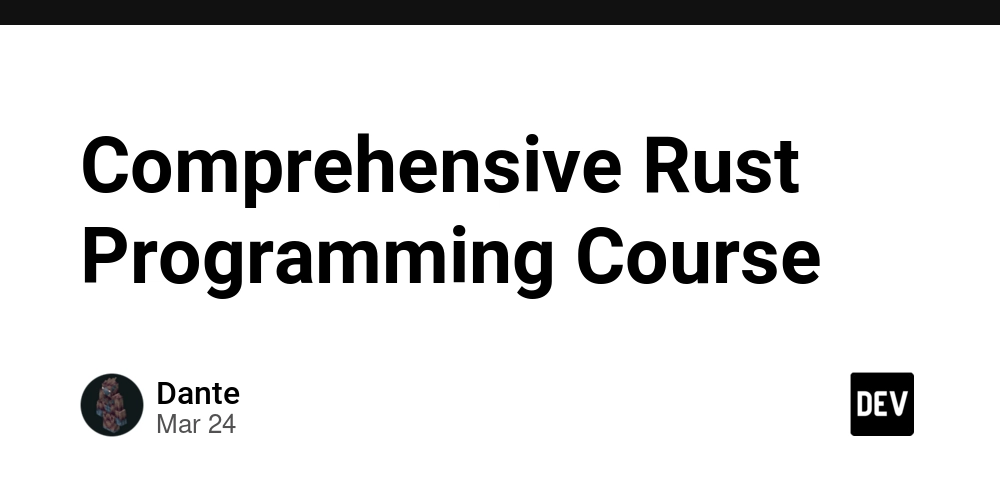
Comprehensive Rust Programming Course
Introduction to Rust
Program Intro and Rust Installation
- Overview of Rust programming language and its philosophy
- Rust's origins and design principles (safety, concurrency, performance)
- Setting up the Rust development environment
- Installing Rust using rustup
- Understanding the Rust toolchain (stable, beta, nightly)
- Configuring Cargo and its workspace
- Installing essential tools (rustfmt, clippy)
- First "Hello World" program with Cargo
- Understanding Rust's compilation process and the borrow checker
Variables and Ownership
- Variable declaration and initialization
- The
letkeyword and immutability by default - Mutability with
mut - Variable shadowing
- Constants and statics
- Scope and the Stack
- Ownership principles
- Move semantics
- Copying vs. moving data
- The
Copytrait
Data Types and Type System
- Scalar types (integers, floating-point, boolean, characters)
- Compound types (tuples, arrays)
- String and string slices (
Stringvs&str) - Type annotations and inference
- Type aliases
- Never type (
!) - Unit type (
()) - The
std::mem::size_offunction
Borrowing and References
- Reference basics (
&and&mut) - Borrowing rules (shared XOR mutable)
- Reference lifetimes
- Dangling references and how Rust prevents them
- Slices as references
- Dereferencing with the
*operator - The dot operator and automatic dereferencing
Control Flow
- Conditional expressions (
if,else) - Loops (
loop,while,for) - Loop labels and control flow (
break,continue) - Match expressions and pattern matching
-
if letandwhile letconstructs - Expression-based language characteristics
Functions and Methods
- Function declaration and parameters
- Return values and the implicit return
- Early returns with
return - Functions as first-class citizens
- Closures and their environment
- Method syntax and implementation
- Associated functions
Structs, Enums, and Pattern Matching
- Struct definition and instantiation
- Tuple structs and unit structs
- Struct update syntax
- Enum definition and variants
- Enums with data
- The
OptionandResultenums - Pattern matching with match
- Match guards
- Binding with
@in patterns
Collections
- Vectors (
Vec) - HashMaps and other map types
- Sets and their operations
- Deques and other collections
- Common methods and operations
- Iterating over collections
- Performance characteristics
- Choosing the right collection
Error Handling
-
ResultandOptiontypes - The
?operator - Propagating errors
- Creating custom error types
- Error conversion and the
Fromtrait - Managing multiple error types
- Panic and when to use it
- Unwrapping safely
Traits and Generics
- Trait definitions
- Implementing traits
- Default implementations
- Trait bounds
- The
impl Traitsyntax - Generic functions and types
- Monomorphization
- Associated types
- Object safety and trait objects
- Marker traits
Lifetimes
- Lifetime annotations
- Lifetime elision rules
- Multiple lifetime parameters
- Lifetime bounds
- Static lifetime
- Lifetime in struct definitions
- Lifetime in function signatures
- Lifetime in trait objects
Smart Pointers and Interior Mutability
-
Boxfor heap allocation -
Rcfor shared ownership -
Arcfor thread-safe reference counting -
CellandRefCellfor interior mutability - The
DerefandDroptraits - Implementing custom smart pointers
- Memory leaks and preventing them
Testing in Rust
- Unit tests and the
#[test]attribute - Test organization and the
testsmodule - Integration tests
- Documentation tests
- Using
assert!,assert_eq!, andassert_ne! - Test fixtures and setup/teardown
- Controlling test execution
- Property-based testing with external crates
Mastering Concurrency in Rust
Concurrency Fundamentals
- Understanding concurrency vs. parallelism
- Rust's concurrency guarantees
- Thread safety through the type system
- The
SendandSynctraits - Fearless concurrency in Rust
- The memory model and happens-before relationships
Threads and Basic Synchronization
- Creating threads with
std::thread - Joining threads
- Thread parking and unparking
- Scoped threads
- Basic synchronization primitives
- Mutex and RwLock
- Condvar for condition variables
- Once and OnceCell/OnceLock
Message Passing with Channels
- Multi-producer, single-consumer channels (mpsc)
- Sender and Receiver
- Synchronous vs. asynchronous channels
- Channel patterns (pipeline, fan-out/fan-in)
- Handling errors in channels
- Select-like functionality with external crates
- Building robust systems with channels
Shared State Concurrency
- Thread-safe shared state patterns
- Atomic types (
AtomicBool,AtomicUsize, etc.) - Memory ordering options
- Lock-free programming basics
- Compare-and-swap operations
- Hazards in concurrent programming
- Tools for detecting concurrency bugs
Async/Await
- Introduction to async/await syntax
- Futures and their execution
- Understanding the async runtime
- Popular async runtimes (Tokio, async-std)
- Async traits and the dynamic dispatch challenge
- The
Pintype and pinning - Building async APIs
Tokio Deep Dive
- Tokio runtime architecture
- Tasks and spawning
- Multi-threaded scheduler
- I/O operations with Tokio
- Tokio synchronization primitives
- Work stealing and scheduler internals
- Instrumenting Tokio applications
Building Concurrent Applications
- Designing concurrent architectures
- Actor model with Actix
- State machine pattern for concurrency
- Resource pooling
- Backpressure mechanisms
- Graceful shutdown of concurrent systems
- Performance analysis and optimization
E-commerce API Backend in Rust
Project Setup and Architecture
- Project structure for maintainability
- Domain-driven design in Rust
- Setting up a web framework (Axum, Actix-web, or Rocket)
- Database connectivity
- Configuration management
- Logging and telemetry
- Error handling strategy
Database Layer and Models
- Database options (PostgreSQL, SQLite)
- ORM vs. query builders (Diesel, SQLx)
- Entity definitions
- Database migrations
- Connection pooling
- Transaction management
- Repository pattern implementation
User Management and Authentication
- User model design
- Password hashing with Argon2
- JWT implementation
- Authentication middleware
- Role-based access control
- Account verification flow
- OAuth integration
Product Catalog API
- Product entity and relationships
- Category management
- Product search and filtering
- Image handling
- Product variants
- Inventory tracking
- Price calculations
Shopping Cart Implementation
- Cart model design
- Session-based vs. persistent carts
- Cart operations (add, update, remove)
- Inventory reservation
- Price calculation including discounts
- Cart expiration and cleanup
- Synchronizing carts between guest and logged-in users
Order Processing
- Order model and workflow
- Order creation from cart
- Order status management
- Payment integration
- Shipping integration
- Order confirmation
- Order history and tracking
Payment Processing
- Payment provider integration (Stripe)
- Handling payment events
- Payment status tracking
- Refunds and chargebacks
- Payment methods management
- Securing payment information
- Testing payment flows
Testing Strategies
- Unit testing models and services
- Integration testing API endpoints
- Mocking external services
- Testing authentication and authorization
- Test factories and fixtures
- Property-based testing business logic
- Performance testing
API Documentation
- OpenAPI/Swagger integration
- Documentation generation
- Interactive API explorer
- Versioning strategy
- Documentation testing
- Client SDK generation
Deployment and DevOps
- Containerization with Docker
- CI/CD pipeline setup
- Database migrations in production
- Environment management
- Secrets handling
- Monitoring and alerting
- Performance optimization
Building Microservices in Rust
Microservices Architecture
- Benefits and challenges of microservices
- Domain boundaries
- Service granularity
- Communication patterns
- Data consistency patterns
- Service discovery
- API gateway pattern
Inventory Service
- Inventory domain model
- Stock management logic
- Reservation system
- Inventory events
- Stock level notifications
- Inventory reporting
- Inventory APIs
Order Service
- Order processing workflow
- Event-driven architecture
- Saga pattern for distributed transactions
- Order state management
- Order validation rules
- Order API
- Order events
Payment Service
- Payment processing
- Payment provider integration
- Payment state machine
- Retry mechanisms
- Idempotent operations
- Payment authorization flow
- Payment notification handling
Inter-service Communication
- gRPC implementation in Rust
- Protocol Buffers and Tonic
- Event-driven architecture with Kafka
- Request-response vs. event-based communication
- Serialization options (JSON, ProtoBuf, MessagePack)
- Error handling in distributed systems
- Circuit breaking and retries
Service Mesh and Orchestration
- Service registration and discovery
- Load balancing strategies
- Service mesh options
- Kubernetes deployment
- Health checking
- Graceful degradation
- Blue-green deployments
Observability Stack
- Structured logging
- OpenTelemetry integration
- Metrics collection
- Distributed tracing
- Alerting rules
- Dashboard creation
- Performance analysis
Testing Microservices
- Unit testing service components
- Service virtualization
- Contract testing
- End-to-end testing challenges
- Chaos engineering basics
- Performance testing distributed systems
- Testing eventual consistency
Security in Microservices
- Authentication between services
- Authorization and role-based access
- Secret management
- Network security
- HTTPS and TLS configuration
- Security headers
- OWASP security considerations
Advanced Patterns and Practices
- CQRS and event sourcing
- Outbox pattern
- Saga pattern implementations
- Bulkhead pattern
- Sidecar pattern
- API composition
- Data denormalization strategies
Rust for Systems Programming
Memory Management Deep Dive
- Stack vs. heap allocation
- Custom allocators
- Global allocator replacement
- Memory layout and alignment
- Unsafe Rust and raw pointers
- FFI and C interoperability
- Memory mapping and manipulation
Building a Custom Allocator
- Allocator interface
- Block allocation strategies
- Memory pooling
- Tracking allocations
- Thread safety considerations
- Performance optimization
- Integration with standard collections
File Systems and I/O
- File operations in Rust
- Directory traversal
- Memory mapped files
- Asynchronous I/O
- Custom file systems
- Serialization formats for persistence
- Error handling for I/O operations
Network Programming
- Socket programming
- TCP and UDP implementations
- Protocol design
- Async networking with Tokio
- HTTP client and server
- WebSockets
- Custom protocol parsers
Systems Programming Patterns
- Resource acquisition is initialization (RAII)
- Builder pattern
- Command pattern
- Visitor pattern
- State pattern
- Type-state pattern
- Newtype pattern for type safety
Performance Optimization
- Profiling Rust applications
- Compiler optimizations
- SIMD operations with
std::simd - Cache-friendly data structures
- Avoiding allocations
- Benchmarking with
criterion - Performance pitfalls and solutions
Embedded Rust
- No-std environment
- Embedded HAL
- Interfacing with hardware
- Interrupt handling
- Real-time considerations
- Memory constraints
- Debugging embedded systems
How to Land a Job as a Rust Developer
The Rust Job Market
- State of Rust adoption in industry
- Types of companies using Rust
- Common Rust job roles
- Salary expectations
- Remote work opportunities
- Industry trends
- Rust community involvement
Building a Rust Portfolio
- Project selection for maximum impact
- Open source contributions
- Crates you can contribute to
- Documentation improvements
- GitHub profile optimization
- Project README best practices
- Code quality demonstration
Resume and Cover Letter for Rust Jobs
- Highlighting Rust experience
- Transferable skills from other languages
- Showcasing systems programming knowledge
- Focusing on safety and performance aspects
- Emphasizing problem-solving skills
- Keywords for ATS optimization
- Portfolio integration
Technical Interview Preparation
- Common Rust interview questions
- Algorithm implementation in Rust
- Systems design for Rust developers
- Code review exercises
- Take-home project strategies
- Live coding best practices
- Explaining ownership and borrowing
Continuing Education
- Resources for advanced learning
- Rust conferences and meetups
- Mentorship opportunities
- Specialized certifications
- Advanced topics to focus on
- Staying current with ecosystem changes
- Cross-domain expertise development
Blockchain Development in Rust
Cryptography Fundamentals
- Cryptographic primitives in Rust
- Hash functions
- Digital signatures
- Public-key cryptography
- Key derivation
- Zero-knowledge proofs
- Secure random number generation
Basic Blockchain Implementation
- Block structure and chain
- Hash-based proof of work
- Transaction verification
- Simple consensus mechanism
- Data persistence
- Chain validation
- Fork resolution
Smart Contract Platform
- Virtual machine design
- Bytecode interpretation
- Gas metering
- Contract execution environment
- State management
- Contract ABI
- Security considerations
Substrate Framework
- Substrate architecture
- Runtime development
- Pallets and their composition
- Storage and database
- Consensus mechanisms
- Off-chain workers
- Governance mechanisms
Advanced Blockchain Topics
- Sharding implementations
- Layer 2 scaling solutions
- Cross-chain communication
- MEV (Miner Extractable Value)
- Privacy-preserving techniques
- Consensus algorithm design
- Formal verification approaches
Rust Game Development
Game Engine Fundamentals
- Game loop implementation
- Entity component system (ECS)
- Resource management
- Input handling
- Audio systems
- Collision detection
- Physics simulation basics
Graphics Programming with Rust
- Graphics API abstraction (gfx-hal)
- Vulkan/Metal/DirectX integration
- Shader programming
- Rendering pipeline
- Texture management
- Lighting systems
- Post-processing effects
Building a 2D Game
- Sprite rendering
- Animation systems
- Tilemap implementation
- Particle systems
- UI integration
- Game state management
- Scene graph
Game AI and Behavior
- Pathfinding algorithms
- Behavior trees
- State machines
- Decision making
- Procedural generation
- Enemy AI patterns
- Advanced NPC behaviors
Community and Further Learning
RUST COMMUNITY RESOURCES
- Rust users forum
- Reddit communities
- Discord servers
- Local meetups
- Conference opportunities
- Code review groups
- Mentorship programs
CONTINUING EDUCATION
- Advanced resources
- Specialized books
- Video courses
- Challenging projects
- Research papers
- Industry applications
- Certification options









































































































































































![[The AI Show Episode 142]: ChatGPT’s New Image Generator, Studio Ghibli Craze and Backlash, Gemini 2.5, OpenAI Academy, 4o Updates, Vibe Marketing & xAI Acquires X](https://www.marketingaiinstitute.com/hubfs/ep%20142%20cover.png)














































































































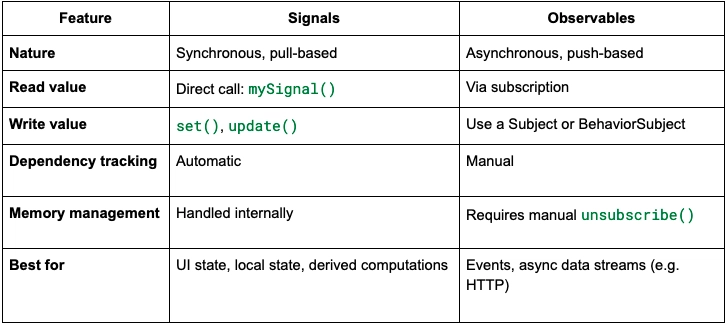
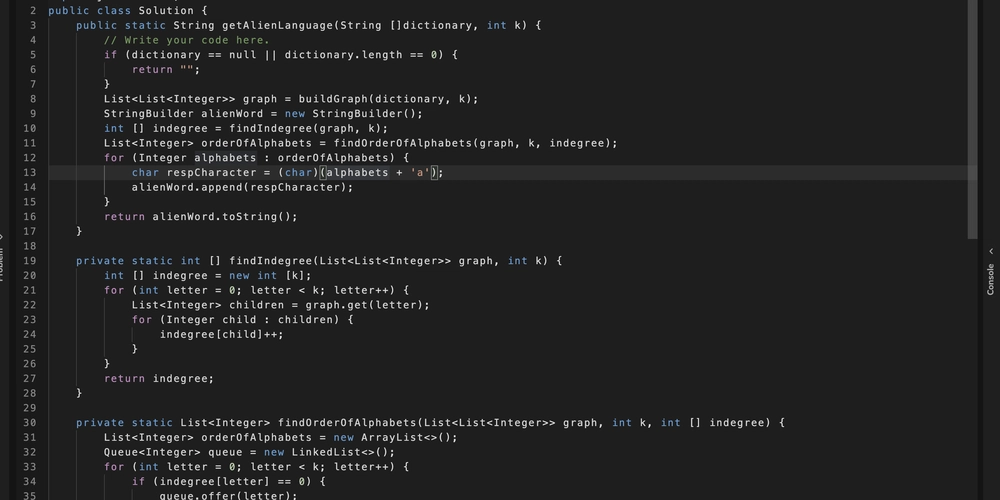










![[FREE EBOOKS] The Kubernetes Bible, The Ultimate Linux Shell Scripting Guide & Four More Best Selling Titles](https://www.javacodegeeks.com/wp-content/uploads/2012/12/jcg-logo.jpg)



![From drop-out to software architect with Jason Lengstorf [Podcast #167]](https://cdn.hashnode.com/res/hashnode/image/upload/v1743796461357/f3d19cd7-e6f5-4d7c-8bfc-eb974bc8da68.png?#)



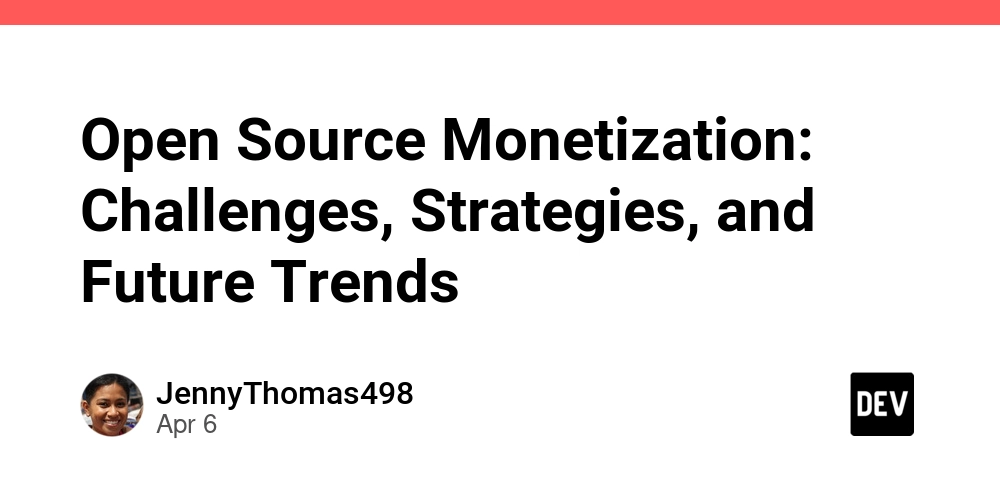



































































































.png?#)




.jpg?#)


















 (1).webp?#)













_Christophe_Coat_Alamy.jpg?#)







































































































![Rapidus in Talks With Apple as It Accelerates Toward 2nm Chip Production [Report]](https://www.iclarified.com/images/news/96937/96937/96937-640.jpg)








































































































































